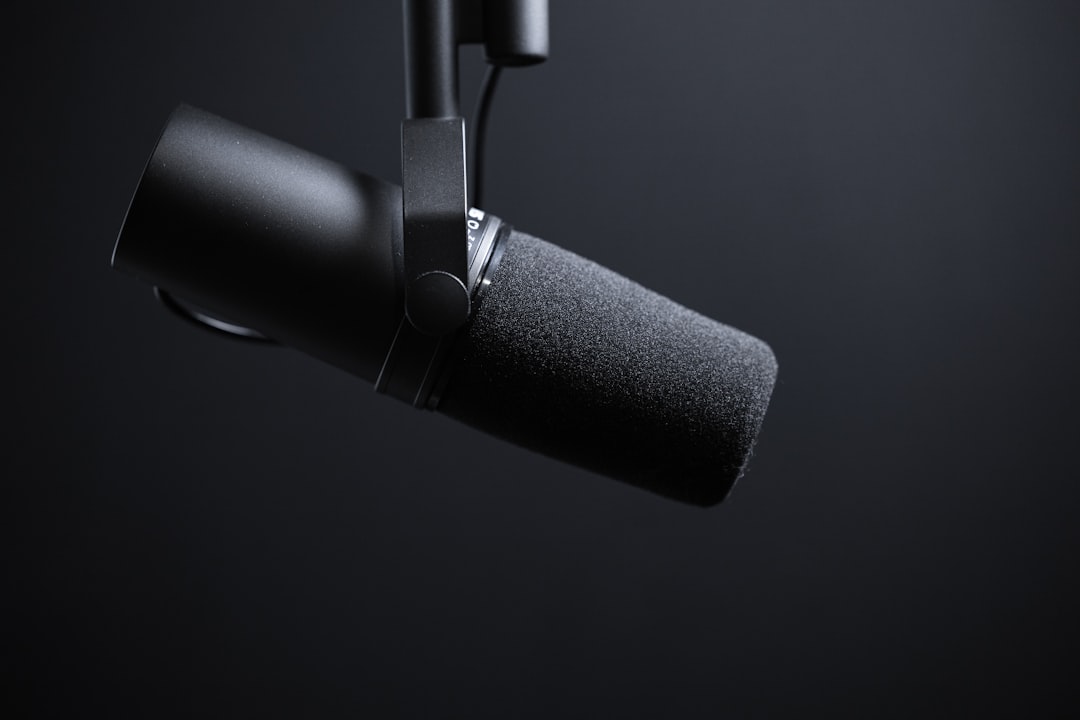Get in Touch with Dr. Marks' Team, To Discuss Your Event
Once you complete the form someone from our team will contact you.
"The world is changing. It's time to thrive."
Dr. Tracey Marks: The Resilience Doctor
Dr. Tracey Marks: The Resilience Doctor

YouTube Subscribers
Total Video Views
Top YouTube Video View Count
Instagram Followers
In today’s fast-paced and uncertain world, workplace stress is at an all-time high. Leaders and employees alike are navigating unprecedented change, burnout, and mental exhaustion. Organizations that prioritize mental resilience are not just investing in individual well-being—they are securing the future of their business.
That’s where Dr. Tracey Marks comes in.
A nationally recognized psychiatrist and mental health expert with over 20 years of experience, Dr. Marks is a trusted voice in the corporate world, the media, and beyond. With over 2 million YouTube subscribers and appearances on CNN, ABC's 20/20, and the Investigation Discovery Network, Dr. Marks has helped millions understand the critical connection between the brain, behavior, and performance.
Now, she brings her expertise to the stage, offering science-backed strategies to help leaders and teams stay focused, adaptable, and resilient in high-pressure environments.

I'm Dr. Tracey Marks—a psychiatrist, educator, and corporate speaker passionate about bridging the gap between brain science and real-world performance.
For over two decades, I’ve helped high-achieving professionals manage stress, avoid burnout, and strengthen their mental resilience. I believe that understanding how the brain works isn’t just interesting—it’s essential for thriving in today’s demanding work environments.

With a dynamic, relatable speaking style, Dr. Marks captivates audiences—making complex neuroscience accessible and immediately applicable.
With regular appearances on CNN, ABC’s 20/20, and other national outlets, Dr. Marks is a recognized voice on mental health, bringing clarity, authority, and composure to every stage and screen.


In a world of constant change, equipping leaders with mental resilience is no longer optional—it’s essential.
If you're planning an event, offsite, or leadership summit, you need more than inspiration—you need actionable insights your audience can apply immediately.
Dr. Tracey Marks delivers high-impact keynotes designed for today’s workforce: fast-paced, high-performing, and under pressure. These sessions translate cutting-edge neuroscience into practical strategies that help your people manage stress, prevent burnout, and stay mentally sharp through change.
Each talk is crafted to align with your goals, energize your audience, and spark lasting conversations long after the event ends.
Learn how the brain adapts to stress—and how you can, too. This keynote unpacks the neuroscience of resilience with practical tools for staying focused, calm, and effective in high-pressure environments.
Explore the hidden toll of overwork. This session breaks down what burnout does to the brain and how leaders and teams can prevent it with strategies rooted in neuroscience and organizational psychology.
High performance starts with high-quality sleep. Discover how rest affects mental clarity, focus, and decision-making—and what science says about improving it in a non-stop world.
When the pace picks up, adaptability is everything. This talk equips your team with mindset strategies to shift from resistance to resilience—and lead through uncertainty with confidence.
For organizations ready to go beyond a keynote, this interactive workshop series equips teams with the tools to build lasting well-being. Each session explores one of the three pillars of workplace wellness—self-care, movement, and nutrition—through the lens of neuroscience and behavioral psychology.
Perfect for leadership development programs, team offsites, or multi-session wellness initiatives, the series is designed to foster a healthier, more resilient workforce from the inside out.
Available as a full 3-part experience or adapted to fit your organization’s schedule and goals.


Whether you're hosting a leadership summit, employee wellness week, or executive retreat, Dr. Marks will deliver a session that informs, inspires, and equips your audience with tools that last.
Once you complete the form someone from our team will contact you.
"The world is changing. It's time to thrive."
Notifications